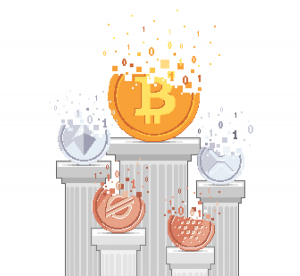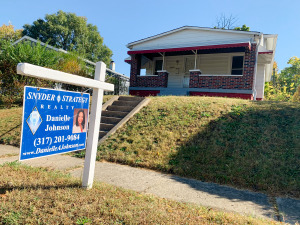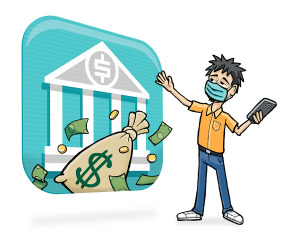
The Freedom Forum podcast: Rafael Sanchez, Old National Bank exec
In this episode host, Angela B. Freeman talks with Sanchez about diversity, equity and inclusion from a unique and authentic vantage point as a Hispanic male executive in the banking and lending industry.






